How have virtual assistants changed the judiciary?
In recent years, the application of artificial intelligence (AI) has become an irreversible trend. This trend occurs in all industries, including the judiciary, a field that seems very specific and not easy to apply new technologies.
Judges are the core of judicial activities. When deciding a case, judges have to study, search and apply many complex legal documents, which can easily lead to incomplete access to legal regulations. They always need support to make the right judgment, subdue the offender and convince the parties involved.
To improve the quality of judges' activities, from 2022, with the support of the Ministry of Information and Communications and a domestic digital technology enterprise, the Supreme People's Court has put into trial deployment virtual assistant software.
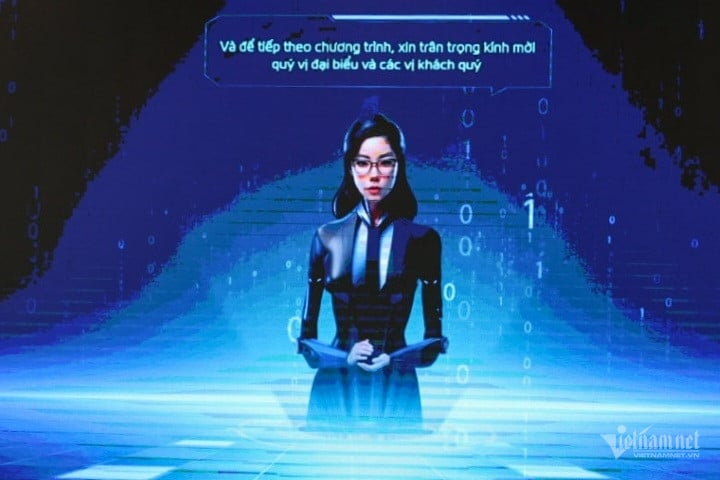
Programmed to understand the law and professional practices, the virtual assistant is capable of operating 24/7, communicating with judges in natural language, via mobile phones and personal computers.
Virtual assistant software has many intelligent features to support the activities of judges such as: asking and answering questions about legal documents, case law and publishing judgments, providing instructions, legal answers and specific legal situations.
Based on case information, the virtual assistant can automatically search and recommend relevant legal documents, similar legal situations and effective precedents. The virtual assistant also supports judges in planning case resolution, managing work and issuing warnings and reminders to ensure procedural deadlines.
With the increasing number of cases, virtual assistants have helped reduce administrative workload, support the creation of sample procedural documents such as summons, detention decisions, decisions to bring cases to trial, check and detect spelling errors, encrypt, and publish judgments.
During the testing process, the virtual assistant helped judges reduce 30% of administrative work compared to traditional methods. Just encrypting judgments and decisions and posting them publicly reduced the execution time to just a few seconds compared to 1-2 hours previously.
According to the Supreme People's Court , the application of AI in operations has helped the judiciary solve some internal problems. Previously, each judge needed 2 secretaries to assist, now each judge has his own virtual assistant, but only 1 assistant can serve thousands of judges at the same time.
After judges, Vietnamese people will have virtual legal assistants.
Virtual assistants not only help improve work efficiency but also create a digital knowledge base from the trial experience of judges. This knowledge is stored and spread throughout the court system, and at the same time becomes a valuable resource for future generations of judges, as well as for students and legal departments of agencies and organizations.
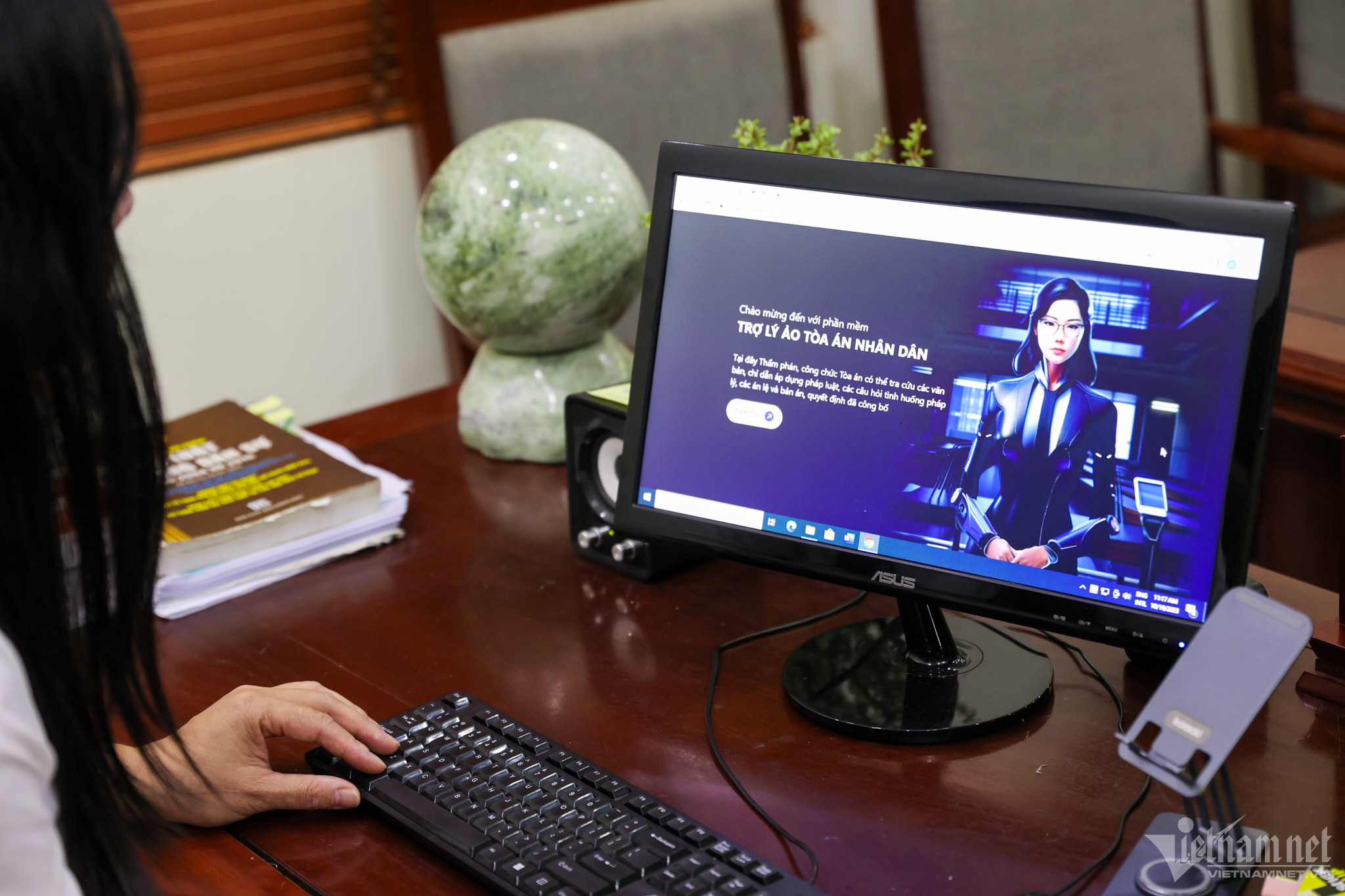
Statistics from the Supreme People's Court show that, to date, 173,206 legal documents, 27,610 legal situation questions and answers, and 1.4 million judgments have been integrated into the virtual assistant.
Across the system, 14,936 virtual assistant accounts have been issued to civil servants with judicial titles. Judges and virtual assistants have interacted with more than 5.78 million questions and answers, averaging 10,000-15,000 times/day. Each day, the virtual assistant helps encode about 500 judgments.
The application of AI, especially virtual assistants, has brought many positive changes to the Vietnamese judiciary. Therefore, from now until 2030, the Supreme People's Court will apply AI more, with more advanced features to help judges improve the efficiency and quality of their operations, serving the people.
It is expected that by the end of 2025, the virtual assistant will be made public so that everyone can access and use it as a legal aid tool. This will help spread legal knowledge and save costs for society. This is an important step in modernizing and improving the efficiency of the Vietnamese court system.
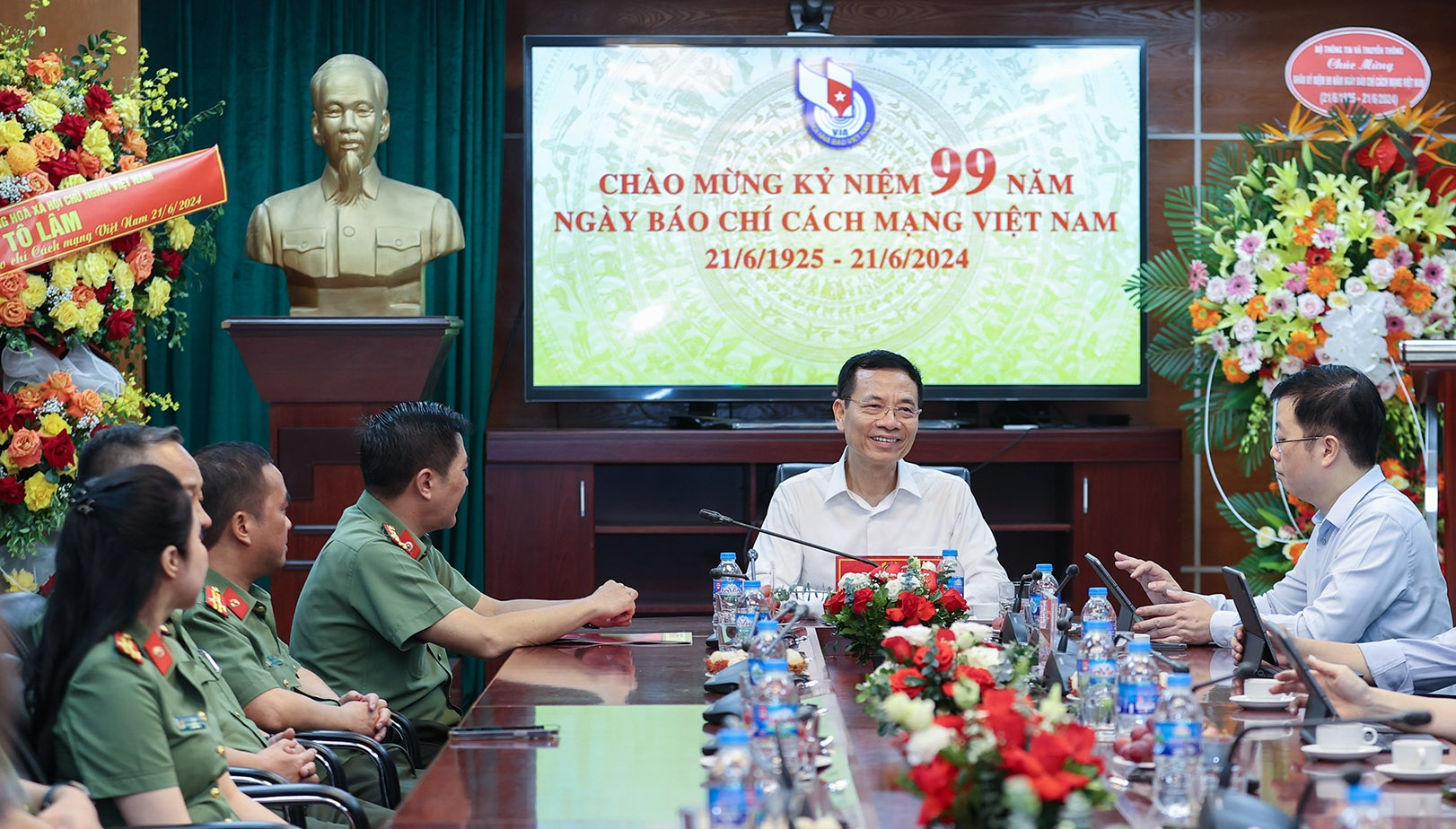
Source: https://vietnamnet.vn/gan-15-000-can-bo-tu-phap-viet-nam-da-co-tro-ly-ao-2293723.html






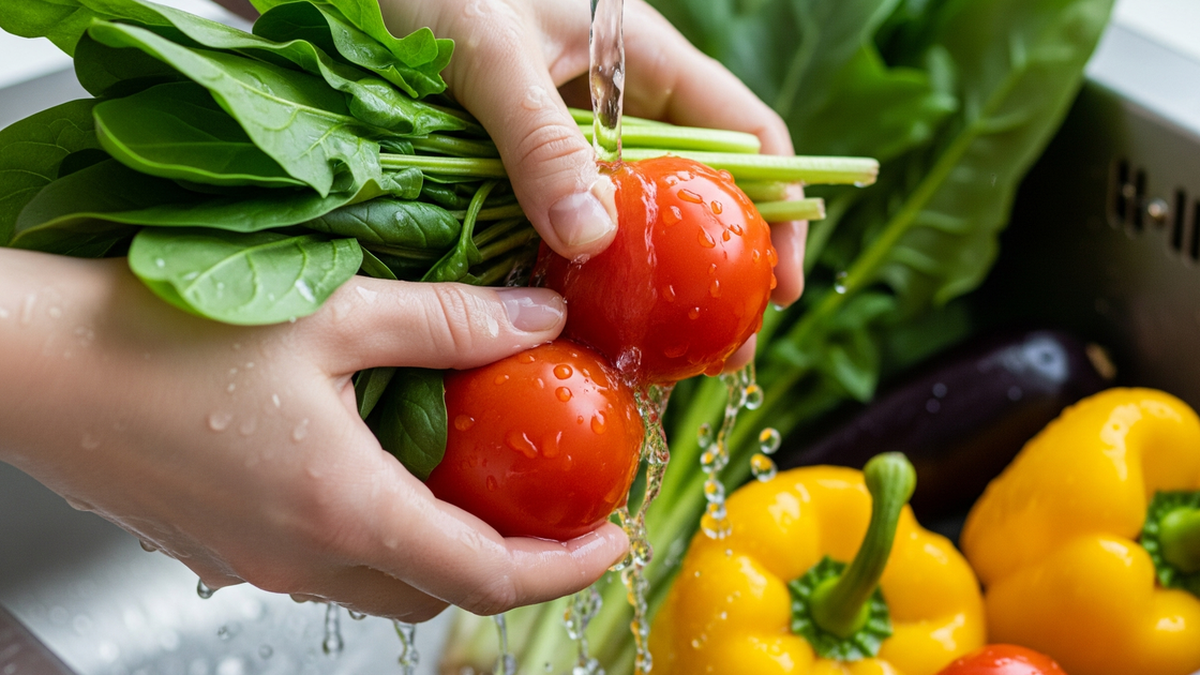
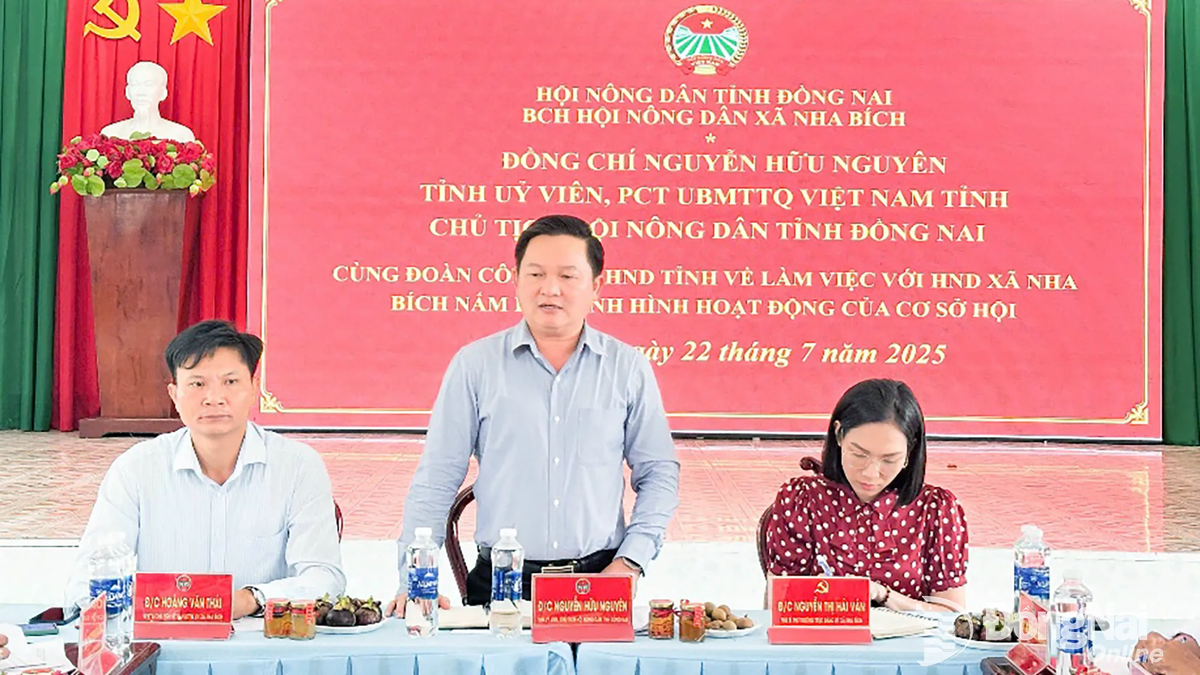



















![[Infographic] Vietnam-Senegal traditional friendship](https://vphoto.vietnam.vn/thumb/1200x675/vietnam/resource/IMAGE/2025/7/23/4c96a604979345adb452af1d439d457b)

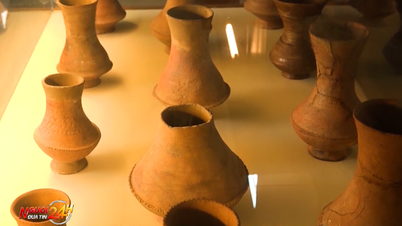






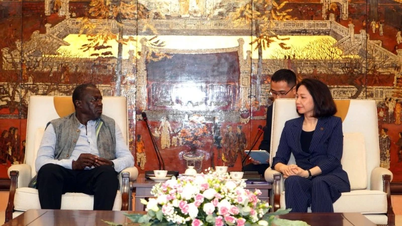













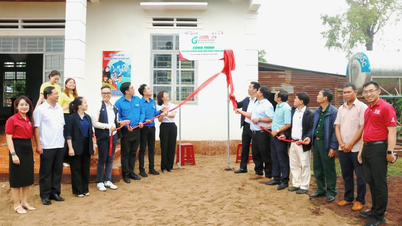


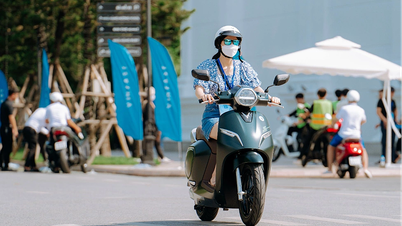



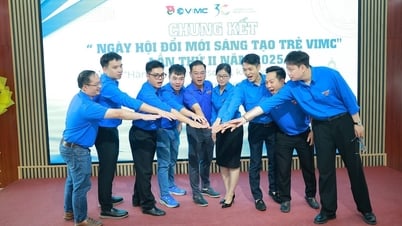
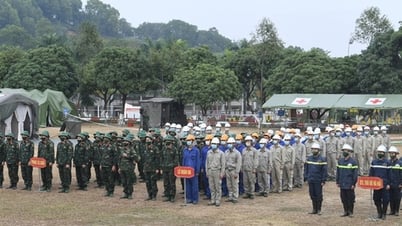

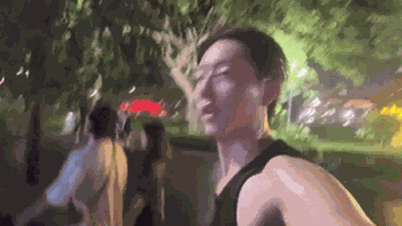



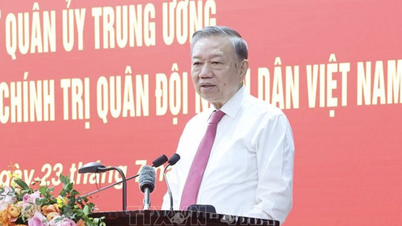





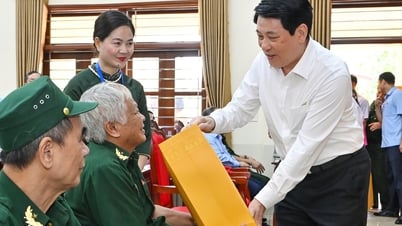

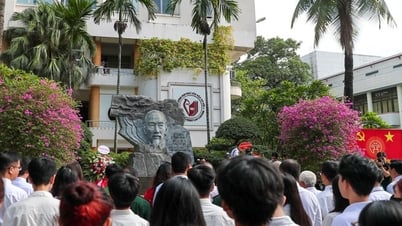



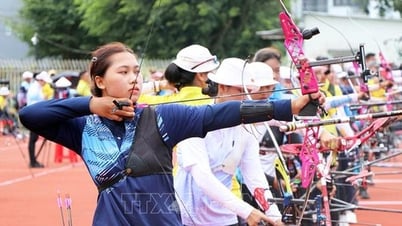








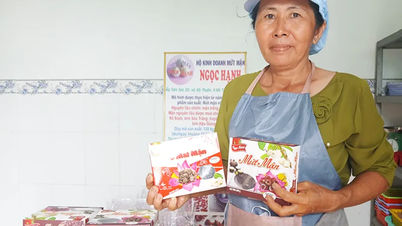















Comment (0)